Understanding the Unique Mental Health Challenges Within the Deaf Community
SHARE
Exploring the unique mental health challenges of the Deaf community and the barriers that hinder access to support and care.
The mental health needs of the Deaf* community are often overlooked or misunderstood. While the broader population faces a range of challenges when it comes to emotional well-being, Deaf individuals experience these challenges in unique and often more intense ways. These difficulties are compounded by communication barriers, systemic discrimination, and a lack of culturally competent mental health resources.
In this blog, we’ll explore the specific mental health challenges that Deaf individuals face, the concept of information deprivation trauma, and the unique layers of identity-based trauma. Understanding these challenges is key to fostering better support systems and improving mental health outcomes for the Deaf community.
The Impact of Communication Barriers
One of the most significant barriers to mental health for Deaf individuals is communication. Unlike the hearing population, Deaf individuals often don’t have immediate access to verbal communication or written materials that are tailored to their needs. This gap in communication leads to feelings of isolation and exclusion, which can significantly contribute to mental health struggles.
Many Deaf individuals rely on American Sign Language (ASL) as their primary mode of communication, but the majority of mental health resources are presented in English, a language that may not be accessible to those whose first language is ASL. This creates a language mismatch, where the very tools used for healing—books, therapy sessions, support groups—are not accessible in the way they need to be.
Research shows that when people are unable to access information in a language they fully comprehend, their ability to process traumatic events and cope with emotional distress is severely limited. A study published in the Journal of Deaf Studies and Deaf Education found that the lack of accessible mental health resources for Deaf individuals contributes to higher rates of anxiety, depression, and post-traumatic stress disorder (PTSD) compared to their hearing peers (Baker & Cummings, 2015).
Information Deprivation Trauma: A Hidden Crisis
An often overlooked factor in the mental health struggles of the Deaf community is information deprivation trauma. This term refers to the emotional and psychological toll caused by the lack of access to critical information. When Deaf individuals are unable to receive the same timely and relevant information that hearing individuals can—whether it’s in the form of health updates, emergency alerts, or even social media discussions about current events—it exacerbates their sense of helplessness, fear, and anxiety.
Secondary trauma refers to the emotional and psychological impact that occurs when an individual is indirectly exposed to traumatic events, often as a result of witnessing or hearing about the suffering of others. In the case of the Deaf community, information deprivation during times of crisis, such as the COVID-19 pandemic, can create a form of secondary trauma. Deaf individuals who were left without access to life-saving information experienced increased anxiety and emotional distress, compounding the challenges they already face due to barriers in communication.
Moreover, intersectional identities—such as those who are Deaf and also belong to marginalized racial, gender, or socioeconomic groups—often face even greater marginalization. These compounded barriers to care can further intensify their experiences of information deprivation trauma. For example, a Black Deaf woman may struggle not only with lack of accessible communication but also with systemic racial and gender-based discrimination, which makes it even harder to seek and receive necessary support and care. This intersectionality deepens the trauma experienced, as these individuals may face multiple layers of neglect and exclusion, both in their access to vital information and their ability to navigate healthcare systems and other resources.
During the COVID-19 pandemic, Deaf individuals were disproportionately affected by the lack of sign language interpreters during government briefings, and vital information about the virus was often inaccessible to them. According to a report from the National Association of the Deaf (2020), the lack of accessible communication during the pandemic led to significant anxiety among Deaf individuals, who felt disconnected from the important information that was readily available to the hearing public. This is a classic example of how information deprivation can lead to secondary trauma, as Deaf individuals were left in the dark while the rest of the world had access to life-saving information.
Identity-Based Trauma
Trauma in the Deaf community is also deeply intertwined with identity. Identity-based trauma refers to the cumulative psychological harm caused by being marginalized or oppressed because of one’s identity—whether that’s due to race, gender, disability, or language. Deaf individuals often face cultural and social marginalization, which leads to chronic stress and can compound mental health issues.
For many Deaf individuals, the experience of being excluded from hearing spaces—whether at school, work, or in social settings—creates a feeling of disconnection. At family gatherings, for instance, Deaf individuals may be expected to "be present" but unable to fully participate in conversations due to language barriers. This can result in feelings of inadequacy, isolation, and alienation. The phenomenon known as Dinner Table Syndrome (DTS) exemplifies this, where Deaf individuals feel pressured to be physically present in family settings but are left out of discussions because of their inability to communicate effectively with hearing family members.
This exclusion can result in a deep sense of cultural invalidation, leading to issues of low self-esteem, self-worth, and an ongoing struggle to reconcile one’s identity in a world that often doesn’t understand or accommodate them.
The Road to Better Mental Health Support
Addressing the mental health challenges faced by the Deaf community requires systemic changes. It’s crucial that mental health professionals, caregivers, and advocates understand the specific needs of Deaf individuals and advocate for linguistically and culturally appropriate resources. This includes:
- Providing therapy in sign language for those who are fluent in ASL
- Offering resources in accessible formats, such as captions or visual aids
- Training mental health providers to understand the unique cultural and communication needs of Deaf individuals
At My Deaf Therapy™, we’re committed to addressing these challenges by providing culturally competent, linguistically accessible therapy for the Deaf community. By offering telehealth services with Deaf therapists who understand the language and cultural nuances of the community, we strive to bridge the gap and provide the mental health support that the Deaf community deserves.
Conclusion
The Deaf community faces unique mental health challenges that require a nuanced and inclusive approach. From communication barriers to identity-based trauma, Deaf individuals experience mental health struggles that are not always visible or understood by the broader society. To provide meaningful support, we must acknowledge these challenges and ensure that mental health resources are truly accessible to all.
References:
- Baker, S. H., & Cummings, D. R. (2015). The mental health of Deaf individuals: A review of the research. Journal of Deaf Studies and Deaf Education, 20(1), 1-10.
- National Association of the Deaf. (2020). COVID-19: Access to information and resources for the Deaf community. Retrieved from www.nad.org
*Together We Are Stronger. Inclusive of All.
In this article, the term "Deaf" encompasses the community’s diverse identity spectrum, including but not limited to Deaf, Hard of Hearing, deaf, Deaf+, and DeafBlind.

